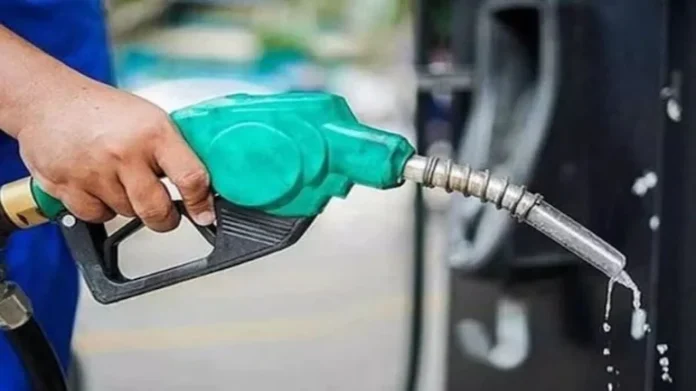At a time when the gas business ecosystem is soaring, buoyed by the Federal Government’s gas initiatives, private sector investments, and broader campaigns for cleaner energy, experts have warned of an imminent scarcity, advising the Federal Government to urgently work out sustainable plans to ensure gas availability, accessibility, affordability, and sustainability.
Experts noted that, much like fuel scarcity, a shortage of gas would negatively impact the economy. It could disrupt economic activities, increase production and transportation costs, reduce productivity, trigger job losses, and generally worsen hardship across the country.
Statistics as of June 19, 2025, show that Nigeria had only 65 Compressed Natural Gas (CNG) compression stations serving a population of 230 million, even though the government targets 150 stations by the end of 2025.
Experts who spoke exclusively to New National Star, warned that the number of gas compression stations that feed both generation and retail outlets remains grossly inadequate. They cautioned that if the value chain suffers a supply shortage, scarcity would be inevitable.
They noted that while the scarcity may not occur in the short run, the need to avert it in the long term must not be ignored.
Engr. Emmanuel Akinyele, a gas infrastructure expert, speaking against the backdrop of growing awareness around the use of gas in place of petrol and diesel for home, industrial, and vehicular use, emphasized that with demand set to boom, supply sustainability must be guaranteed.
He explained:
“Gas is divided into three parts: the retail station which is the filling station where you refill your car after conversion and for home use; power generation, which we call the virtual pipeline, using CNG trucks that deliver to retail stations and industries; and the compression station, where gas is initially taken from.
“The issue is that we are seeing increasing demand from retail and power generation stations, but fewer compression stations. And compression stations are the most expensive component in the value chain. So, if supply from compression stations remains low, there will be a serious problem.”
Shedding light on costs, Akinyele noted that a medium-sized compression station could cost as much as $15 million, which is over N20 billion when converted.
Adding weight to Akinyele’s concerns, Dr. Olatide Jeremiah, CEO of PetroleumPrice.com, an oil and gas advisory firm, pointed out that the supply-demand imbalance is a clear recipe for scarcity.
He said:
“For me, the Federal Government needs to invest more in the CNG industry, particularly in infrastructural development, pipelines, storage facilities, distribution networks, and more, as these areas present significant challenges.
“Gas flaring stations (compression stations) also need massive attention to provide feedstock for CNG production. Without these investments, the imbalance, more retail CNG stations but less gas means scarcity is looming.”
However, the National Publicity Secretary of IPMAN, Mr. Chinedu Ukadike, attempted to allay fears of imminent gas scarcity. He emphasized that since gas is an alternative to petrol, consumers can always switch between the two as needed.
He explained:
“Compression stations supply the retail ends. So, the concern is that there are too few compression stations. When demand increases, flare stations which supply gas might struggle, especially as they are few.
“But remember that CNG is an alternative to fuel. Vehicles have dual-switch engines that allow them to use either fuel or CNG. So, if gas isn’t available, users can switch to PMS. When gas is back, they switch again. It’s an alternative energy source and contributes to energy security. So, scarcity wouldn’t necessarily cripple the system,” he assured.
Still, Akinyele emphasized the need to grow capacity within the compression value chain. He stated that expanding capacity across the sector would go a long way in mitigating the risk of shortage and scarcity.
For a way forward, he said: “Investment in compression stations is very key. Though they are the most expensive in the value chain, either government or private partnerships must step in to prevent the rest of the value chain from suffering.”
“Awareness is also important. Many businesspeople aren’t aware of the potential here. It takes competence and expertise, but it’s achievable.”
He advised those interested in setting up compression stations to obtain necessary approvals through the Nigerian Upstream Petroleum Regulatory Commission (NUPRC), noting that the Commission is statutorily prepared to support investors with timely documentation and approvals.

